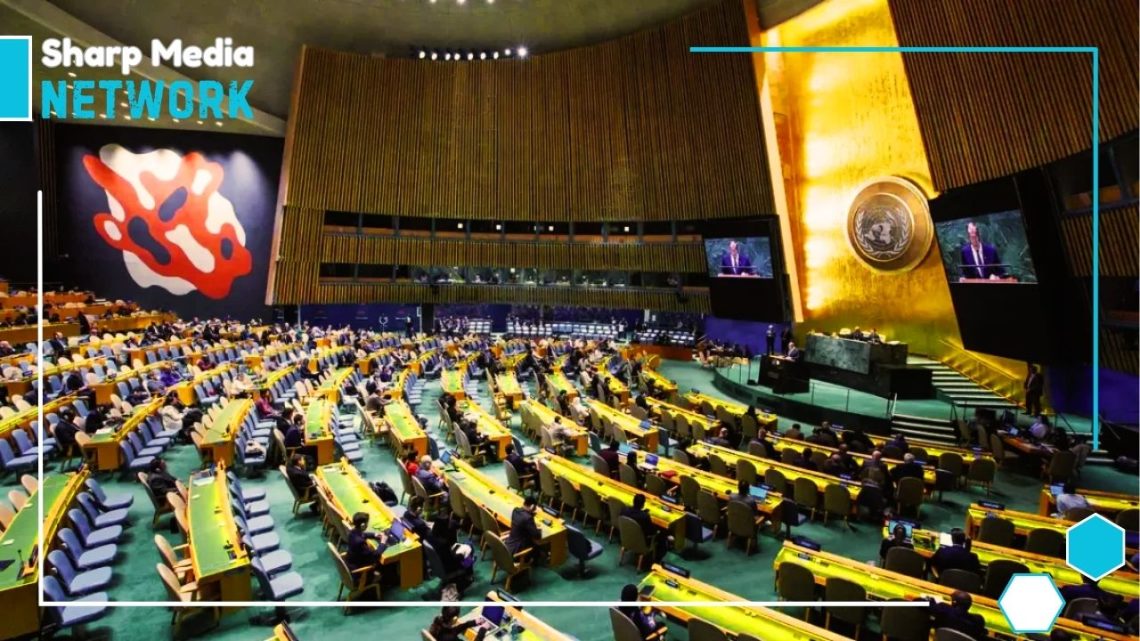
The Imperative for Global Artificial Intelligence Governance
September 23, 2024A recent report from a United Nations advisory body emphasizes the urgent need for global governance in artificial intelligence (AI). It argues that AI development cannot rely solely on market forces.
While national governments will play an important role in AI regulation, the inherently borderless nature of this technology demands a coordinated global approach. The High-level Advisory Body on Artificial Intelligence warns that AI’s rapid advancement concentrates power and wealth globally, with significant geopolitical and economic consequences.
Currently, no one fully comprehends AI’s intricate workings. This lack of understanding complicates the ability to control its outputs or predict its evolution. Decision-makers often operate without accountability for the systems they create, deploy, or utilize.
The advisory panel, established by UN Secretary-General Antonio Guterres in October, made seven key recommendations in its report. One major suggestion is to create an AI data framework to enhance transparency and accountability in AI applications.
Another critical recommendation is the establishment of a fund designed to assist developing countries in leveraging AI technologies. The panel noted that many nations face financial and resource limitations that hinder effective AI utilization.
These countries often struggle with access to necessary training, computational resources, and data models. Without international support, their ability to benefit from AI advancements remains severely restricted.
Interestingly, the advisory body refrained from suggesting the formation of a new international agency to oversee AI development. However, it cautioned that if AI-related risks escalate, member states might need to explore more robust governance structures.
Such an institution could potentially include monitoring, reporting, and enforcement capabilities to ensure responsible AI practices. The report reflects a growing awareness of AI’s implications since the emergence of advanced models like ChatGPT in 2022.
The proliferation of discussions regarding AI’s risks and benefits has intensified in the wake of these technological advancements. Stakeholders are increasingly recognizing the dual-edged nature of AI, which can offer significant advantages while also posing grave challenges.
As AI systems become more integrated into various sectors, the potential for misuse or unintended consequences grows. This reality underscores the necessity for a structured governance framework to manage AI responsibly.
To conclude, the UN advisory body’s report serves as a call to action for global leaders. It highlights the critical need for a collaborative approach to AI governance, ensuring that the technology’s benefits are widely accessible and its risks adequately managed.
The evolving landscape of AI presents both opportunities and challenges. A comprehensive global strategy is essential to navigate these complexities, fostering an environment where AI can thrive ethically and inclusively.

